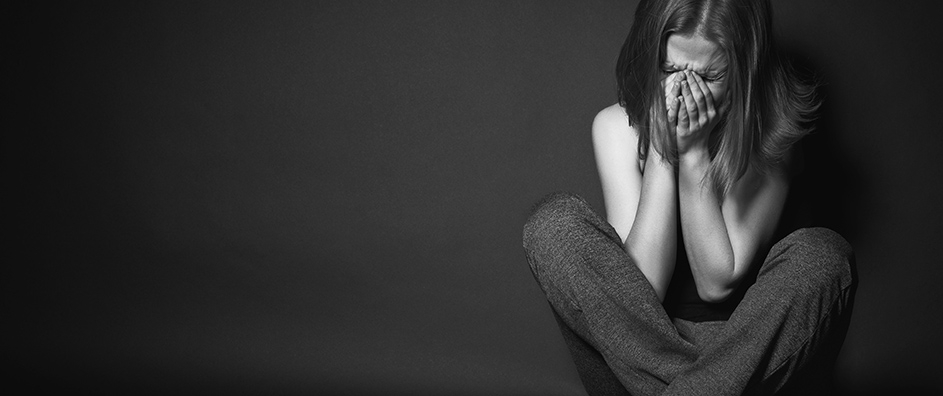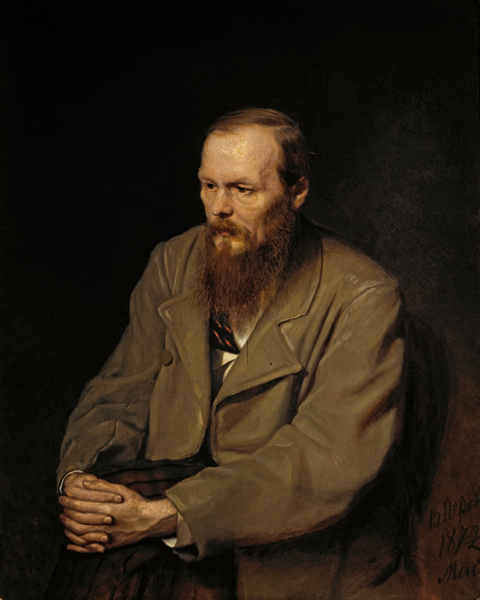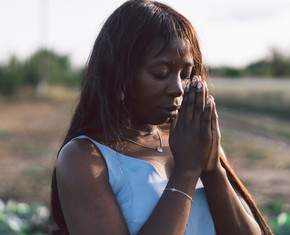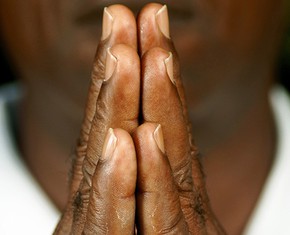The views expressed in our content reflect individual perspectives and do not represent the authoritative views of the Baha'i Faith.
What is hell? I maintain that it is the suffering of being unable to love.” – Fyodor Dostoyevsky, The Brothers Karamazov
The great Russian author Fyodor Dostoevsky wrote his last book, The Brothers Karamazov, as the first part of a planned epic he called The Life of a Great Sinner—but sadly, he never lived to finish his entire epic. Instead, we only have that one final book, which argues passionately about the biggest human questions of God, morality, reason and free will.
In the novel Ivan Karamazov rejects the world that God has created, he says, because he has determined that God built it on a foundation of suffering.
Which brings us to number two on the list of Five Astounding Things You Didn’t Know About the Infernal Underworld : We make our own hell.
Oscar Wilde said “We are each our own devil, and we make the world our own hell.” Can you think of someone you know who fits this description? The phrase “He’s his own worst enemy” might come to mind when you think of that person. But what does that mean?
Generally, the ancients and the great Faiths tell us, our fate comes from our character. This theme, one of the oldest and most venerable of all human truths, basically maintains that our inner life determines our outer life. The Greek philosopher Heraclites said “Ethos Anthropos Daimon”, which means “A man’s character is his fate.”
Our character traits—the spiritual or material attributes, habits and actions we practice, cultivate and evince—direct the course of our lives. This consistent law of nature and the universe comes through in all great art. Shakespeare, Hugo, Dostoevsky—they all knew that character equals fate.
Our inner lives bring us pain or joy, suffering or spirituality. If we focus our efforts on developing our higher, more spiritual nature, on loving one another, we can reap the happiness and fulfillment an elevated character generates in life. If we focus our efforts on our lower nature, the Baha’i teachings say, we risk actually losing our spiritual capacities:
When man allows the spirit, through his soul, to enlighten his understanding, then does he contain all Creation; because man, being the culmination of all that went before and thus superior to all previous evolutions, contains all the lower world within himself. Illumined by the spirit through the instrumentality of the soul, man’s radiant intelligence makes him the crowning-point of Creation.
But on the other hand, when man does not open his mind and heart to the blessing of the spirit, but turns his soul towards the material side, towards the bodily part of his nature, then is he fallen from his high place and he becomes inferior to the inhabitants of the lower animal kingdom. In this case the man is in a sorry plight! For if the spiritual qualities of the soul, open to the breath of the Divine Spirit, are never used, they become atrophied, enfeebled, and at last incapable; whilst the soul’s material qualities alone being exercised, they become terribly powerful — and the unhappy, misguided man, becomes more savage, more unjust, more vile, more cruel, more malevolent than the lower animals themselves. All his aspirations and desires being strengthened by the lower side of the soul’s nature, he becomes more and more brutal, until his whole being is in no way superior to that of the beasts that perish. Men such as this, plan to work evil, to hurt and to destroy; they are entirely without the spirit of Divine compassion, for the celestial quality of the soul has been dominated by that of the material. If, on the contrary, the spiritual nature of the soul has been so strengthened that it holds the material side in subjection, then does the man approach the Divine… – Abdu’l-Baha, Paris Talks, pp. 96-97.
A brutal, materialistic nature cuts us off from love. In fact, the Baha’i writings say, acquiring the spiritual virtues, morals and character that allow us to love defines the purpose of true religion:
The root cause of wrongdoing is ignorance, and we must therefore hold fast to the tools of perception and knowledge. Good character must be taught. Light must be spread afar, so that, in the school of humanity, all may acquire the heavenly characteristics of the spirit, and see for themselves beyond any doubt that there is no fiercer Hell, no more fiery abyss, than to possess a character that is evil and unsound; no more darksome pit nor loathsome torment than to show forth qualities which deserve to be condemned. – Selections from the Writings of Abdu’l-Baha, p. 136.
Religion, moreover, is not a series of beliefs, a set of customs; religion is the teachings of the Lord God, teachings which constitute the very life of humankind, which urge high thoughts upon the mind, refine the character, and lay the groundwork for man’s everlasting honour. – Selections from the Writings of Abdu’l-Baha, pp. 52-53.
If Dostoevsky was right, and all suffering comes from our inability to love, then the development of a spiritual character which attracts, welcomes and generates love should be our highest human aspiration.

















Comments
Sign in or create an account
Continue with Googleor